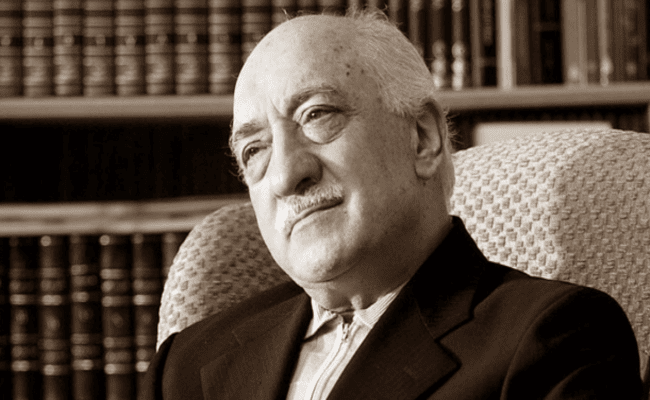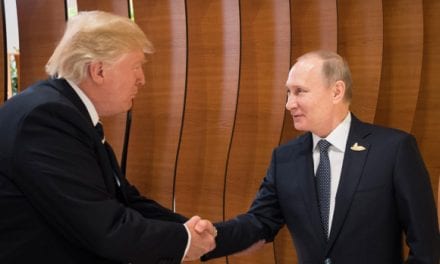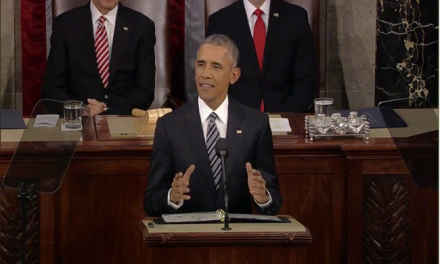By Sarkawt Shamsulddin, NRT
In the last couple years, US-Turkey relations have been hampered by two major issues. The first is the US strategy in Syria and its partnership with the Syrian Democratic Forces (SDF), which Turkey considers a threat to its national security.
The second is Fethullah Gulen, a Turkish Imam who resides in the US. The latter issue seems to be a domestic concern of the United States as well. The Turkish Government accuses the Turkish Imam as an asylum seeker in the US for over 18 years and of being behind the failed coup in Turkey last year. Turkish President Tayyip Erdogan has repeatedly demanded his extradition from the United States. However, that is not the only issue the US Government should be mindful of when it comes to Gulen and his Hizmat movement’s mission in the US.
The Turkish Government claims that Gulen movement is behind the failed coup of July 2016. It provides striking evidence linking Gulenists to the coup plotters. The Turkish President’s life was threatened personally then and he barely survived. In crisis like this, allies support each other. So, Turkey expected the United States to be the first country to come to its support when military commanders undermined the democratically elected president and state institutions. One may argue that the elections in Turkey were not free and fair but that should not justify over throwing the government through violence. The US Government has yet to review the Turkish Government’s demand to extradite the Turkish Imam who lives in the United States. The United States and Turkish Governments have an extradition treaty, signed in 1979. The US Government claims that there is no proof that Gulen himself directed the coup but it does not deny that Gulenists’ were directly involved in the coup. As one Western Diplomat told The New Yorker, “Undoubtedly, Gulenists played a credible role in it. But there were also anti-Erdogan military opportunists mixed in.”
US Department Of State officials claim that the only way to expel Gulen to Turkey is through legal procedures. Some US Government officials claim that evidence provided by the Turkish Government is not enough to meet extradition treaty standards. The US has not found Gulen’s direct involvement in the coup, at least not until now. However, there is undeniable proof that Gulen has prepared his men to “take over” state institutions from “within.” In this YouTube video, Mr. Gulen says “you must move within the arteries of the system, without anyone noticing your existence, until you reach all the power centers.” There is no doubt that the Gulenists have political ambition in Turkey, and their strategy is to dig in deep into the “system,” and “wait for the right moment.”
The other side of this story is a US internal matter that should concern the US Government about Gulen’s activities and businesses in the United States. The Hizmat Movement has launched its missions around the world through charter schools. About 136 charter schools belong to Gulen’s Hizmat movement in the United States in over 27 states. The schools do not appear to be teaching ideology or religion to their students but they may have violated other US rules and regulations. Through these schools, dozens of Turkish citizens have gotten temporary work visas called H-1B, which “is a special visa intended to be used for placing a foreign individual in a US job that can’t be staffed with US citizens.” In a 60 Minutes piece about Gulen’s charter schools in the US, the report states that “Turkish teachers” hired in these schools to teach English in the US while there are millions of qualified US citizens who can do the job. There should be a focus on visa regulations and possible violations by the charter school teachers from Turkey.
These schools may not have an issue in terms of success and scientific outcomes but they might be exploited by Gulen as a source of income for his movement, which clearly has political ambitions in foreign countries. What is mind blowing are confessions by former Turkish teachers who left Gulen’s schools. They claim that they were brought from Turkey to teach in the US but “forced” to donate 40 percent of their salary in cash to the school or the people who brought them to the US. Also, there are concerns about the non-profit law violations. The US Government should seek more transparency and financial disclosure.
The US should restore its relations with the Turkish Government one way or another. The US presence in Syria and its involvement with the SDF might be addressed within a political framework for the future of Syria after ISIS. However, Turkey will continue to see the US as an unreliable ally if the US remains passive about the Gulen case. Having an extradition treaty between the two countries should facilitate the process and later more work needs to be done with regard to Gulen’s charter schools in the US.
—
Sarkawt Shamsulddin is a political analyst and NRT’s Washington bureau chief. He is also the co-founder of the Kurdish Policy Foundation.



















